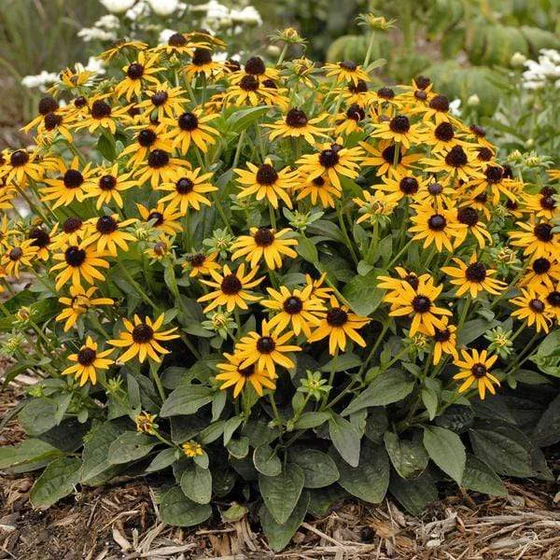South Sound Life
Archives
August Gardening Tips for the Pacific Northwest
SIGN UP FOR OUR NEWSLETTER
August Gardening Tips for the Pacific Northwest |
Essential tasks to keep your garden thriving during the late summer heat |
August in the Pacific Northwest brings warm, dry conditions that can challenge even the most seasoned gardeners.
However, with proper care, your garden can continue to flourish.
Here are some essential tasks to focus on this month.
Watering Wisely
Even though the Pacific Northwest is known for its rain, August can be dry.
Ensure your garden receives adequate water, especially during dry spells.
Water deeply and infrequently to encourage deep root growth.
Early morning or late evening watering reduces evaporation and ensures plants absorb more moisture.
Mulching
Mulching helps retain soil moisture, suppress weeds, and regulate soil temperature.
Add a layer of organic mulch, such as straw, wood chips, or compost, around your plants.
This practice not only conserves water but also enriches the soil as the mulch breaks down.
Deadheading and Pruning
Keep your flowers blooming longer by deadheading spent blooms.
Prune summer-flowering shrubs after they finish blooming.
Removing dead or diseased branches improves air circulation and encourages healthy new growth.
This maintenance keeps your garden looking tidy and vibrant.
Weed Control
Weeds can compete with your plants for nutrients and water.
Regular weeding prevents them from taking over your garden.
Hand-pull weeds or use a hoe to remove them.
Applying a layer of mulch also helps suppress weed growth.
Pest Management
Keep an eye out for pests that can damage your garden.
Aphids, slugs, and caterpillars are common in August.
Use organic pest control methods, such as introducing beneficial insects, using insecticidal soaps, or setting up traps.
Maintaining a healthy garden with diverse plantings can naturally deter pests.
Soil Health
August is an excellent time to test your soil and amend it as needed.
Adding compost or organic matter improves soil structure and fertility.
Consider planting cover crops, like clover or vetch, which enrich the soil with nitrogen and organic matter when tilled under in the spring.
Plan for Next Season
As you enjoy the current harvest, start planning for next season.
Take notes on what worked well and what didn’t.
Sketch out your garden layout for next year, considering crop rotation to prevent soil depletion and pest buildup.
By focusing on these tasks, you can ensure your garden remains healthy and productive throughout the late summer months.
Embrace the warmth and enjoy the fruits of your labor! |

